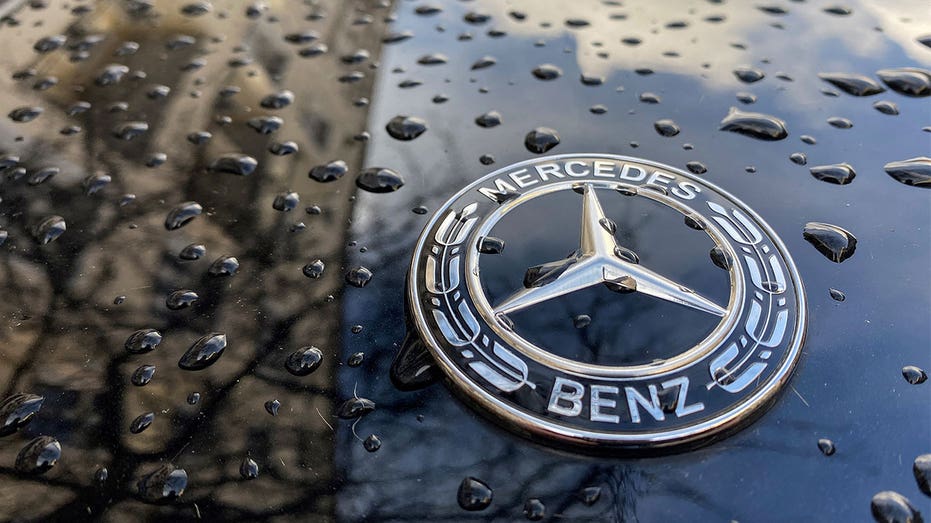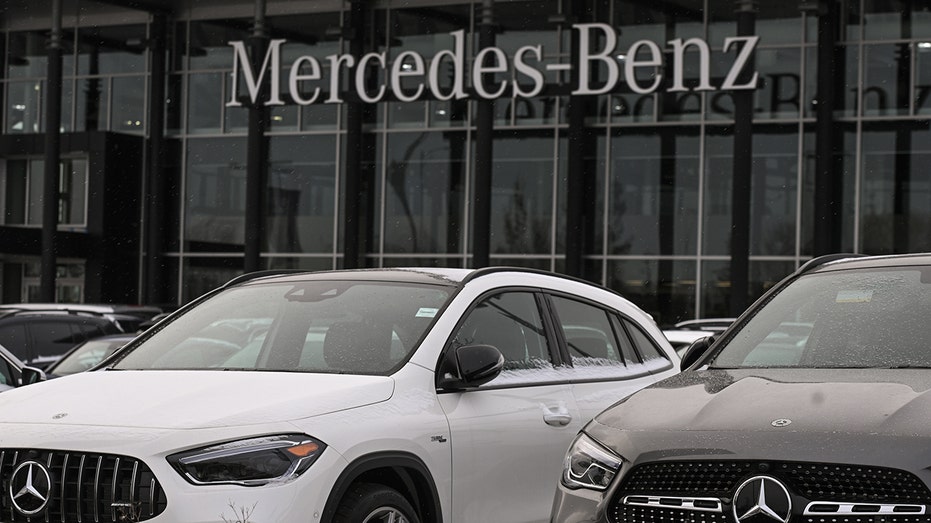The CEO of Mercedes-Benz on Thursday signaled the company plans to invest more in the U.S. in the coming years and also discussed how tariffs could impact the automaker’s business.
Mercedes-Benz CEO Ola Källenius said on a call with reporters after the company announced its quarterly earnings results that the company has “been operating in the United States for more than 120 years” and has “invested tens of billions of dollars into the United States.”
“We have two large operations on the passenger car side, one in Alabama and one in South Carolina,” Källenius said. “Directly, we employ more than 11,000 people in the United States. If you would count in all the suppliers and the ones that kind of are dependent on those final assembly jobs, the usual calculation is roughly 1-to-10, so another 100,000 jobs are associated with those plants. Our dealer partners, strong private investors around the country, employ 28,000 people and then again, they have a residual effect. “
“The several hundred thousand jobs, tax revenue, etc. is the Mercedes-Benz footprint in the U.S.,” he explained. “What’s the point I am making? The point is we’re also an American company. Yes, we have our headquarters in Germany and our European origins, but we feel American.”
TRUMP SAYS HE WILL INTRODUCE 25% TARIFFS ON AUTOS, PHARMACEUTICALS AND CHIPS
Källenius noted that Mercedes-Benz has research and development activities in Silicon Valley as well as a presence in Michigan. He also indicated that the company plans to increase its investment into the U.S. to expand that footprint going forward.
| Ticker | Security | Last | Change | Change % |
|---|---|---|---|---|
| MBGYY | MERCEDES-BENZ GROUP AG | 15.5863 | -0.26 | -1.66% |
“What’s the road ahead? We are prepared to continue to invest billions and we want to grow our footprint in the United States. We are committed,” he said. “A little known fact – we are one of the major industrial exporters out of the United States. Two-thirds of the vehicles that we make in our Tuscaloosa plant actually go out into the world, a significant part of them obviously to Europe.”
STARBUCKS, MERCEDES TEAM UP IN EV CHARGING NETWORK EXPANSION

Given Mercedes-Benz’s global presence, Källenius said that changes in tariffs or other aspects of trade policy could impact its investment decisions over the long-term. President Donald Trump signaled yesterday that he is planning to impose 25% tariffs on imported automobiles.
“So shifts in trade policy in either direction, of course, is very important to us,” he explained. “When we make investment decisions about new models, as you rightly point out, you cannot move a plant over the weekend from one continent to another. Those are longer-term commitments, it takes two to three, maybe even four years to make those types of adjustments. And our supply network literally includes all five continents of the world, so it’s very, very sophisticated. It is more than a supply chain, I would call it more of a supply network.”
FORD CEO SAYS TARIFFS COULD ‘BLOW A HOLE’ IN US AUTO INDUSTRY

Källenius also said that “trade policy can affect our business model” and that while policymakers will ultimately determine what comes of trade negotiations, a reciprocal move to lower tariffs or even no tariffs between the U.S. and European Union (EU) would spur investment.
“In the case of the EU, actually the tariff is larger going into the EU than into the United States at the moment, and somebody mentioned why not take it down to zero-zero and make the playing field level and maybe spur growth, which would encourage companies like us to invest even more,” he explained. “If they come up with solutions like that, that would, of course, be fantastic.”
“I’m not going to speculate on what the result will be of the negotiation. All I can say is Mercedes-Benz is committed to the United States,” he added.
“We have to produce positive cash flows to fuel our investments. And financial strength equals innovation strength, equals return to the shareholder,” Källenius said. “We’re very mindful of things that could negatively influence our business model and reduce our cash flow. So if we’re operating in an environment as a strong member of the U.S. industrial family, we hope that will be taken into account, and there is nothing stopping us from upping the ante and investment more in the United States.”
Read the full article here












